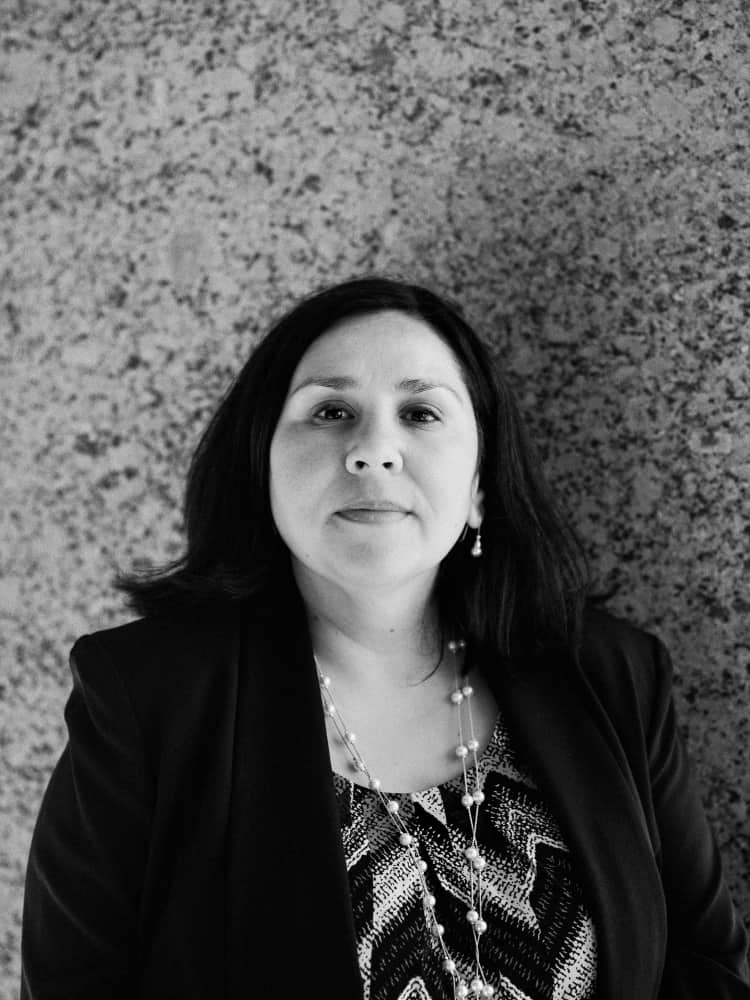What These Americans Hope Our Nation’s Next Generation Will Learn About Mexico In School
Texans gathered in downtown Austin to call for the adoption of a history textbook that accurately reflects Mexican-American history and culture.
America will forever be indebted to the presence and contributions of Mexican-Americans. But you wouldn’t know it from the textbooks and curriculums used to teach students across the country. In Texas, where Mexican-Americans represent half of public school students, recent demands from teachers, students, and activists prompted the Texas State Board of Education to request textbooks exploring Mexican-American studies. But the sole book that was proposed, called Mexican American Heritage, featured inaccuracies and racial stereotypes. Texans have rightly protested its adoption in schools; on Tuesday, November 15, students, activists, and politicians gathered at the Texas Capitol in Downtown Austin to call for an updated history textbook that accurately reflects Mexican-American history and culture. We spoke to protesters at the event and asked them about their feelings on the issue and why it’s imperative for students to have access to such a curriculum.
Val Benavidez, 40

“I wish students today would learn to challenge themselves to listen and study minority voices in history. To understand what it took for them to have access to those minority voices in their classroom and to call upon their educators to provide more, to give them a more robust picture historically of the events that have happened in their community and their country.”
Malcolm Moore, 29
“You are in control of your own future; own that! Do your research to find out more things about yourself, your heritage. Knowledge is found in the book, the light is in the book. If we continue to perceive ourselves by the close-minded opinions of those around us, don’t let that get you down, just keep pressing on. Either you’re gonna help change that person's mind or not. All you can do is just grow and make yourself a better person to make this nation a better place. Never lose yourself and strive for greatness.”
Jaime Puente, 34
“Being Mexican-American is not antagonistic and not opposed to what it means to be an American. As a scholar of Mexican-American studies and now a scholar of American studies, both of these cultural histories are intimately intertwined and cannot be considered or thought about separately; they have to be considered together as one, especially when you consider the history of what has literally made the United States the United States.”
Erika Deshaies, 29
“There is more than just the master narrative of the people who came and colonized the country. We need to instill that sense of self and pride into people who have origins dating back to their indigenous roots here in this continent. [Hispanic students] should not be told that they’re dirty, they’re lazy, or they’re inferior; colonization started the concept of white supremacy and it’s continued! Even with the Chicano movement, which students don’t know about but which instills that sense of pride in the hispanic community... they aren’t taught about that. I wish they would teach so many of these things because I did not know them and I grew up comparing myself to Caucasian females, wondering why I felt so insignificant to them. I didn’t know who I was and where I belonged. [Growing up] we just understood that we were Mexican-American — we didn’t actually go back to where it started or the struggles that our relatives went through in order to be here in a better position. We need to work together and not perpetuate the stereotypes and the racist attitudes. Our nation has just elected a very openly racist president and the numbers are shocking, in that so many people agree. That isn’t what this country was founded on; it was founded on the backs of immigrants.”
Carolina Hernandez, 18
“The thing I would like for students to learn, that I didn’t, would be more about American culture and the origins of where it came from. We need to use factual history and not just whatever people want to say about the history and culture of Mexican-Americans.”
Thainna Washington, 27
“I honestly don’t remember learning much about any activists or important Mexican community figures, and that’s something that I wish I would have learned so that I would’ve valued my culture more.”
Jack Zapeta, 18
“What I hope children will learn is you have to stand up for what you believe in and never give up on your dreams. Sometimes you have to fight for what you believe in, but never give up.”




